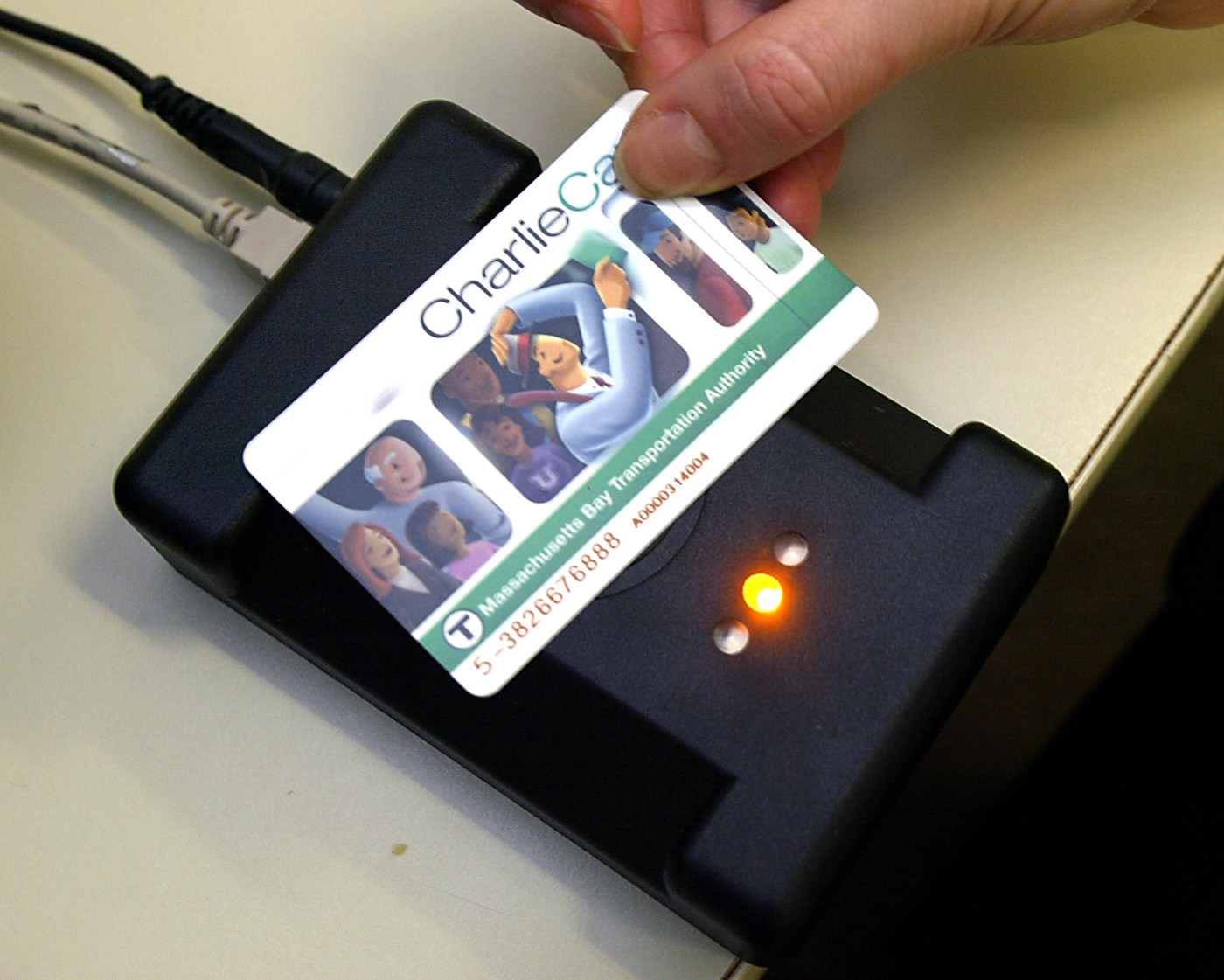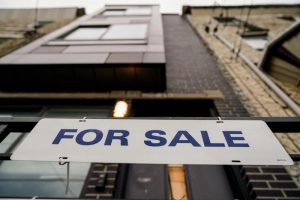
MBTA looks to provide half-priced tickets to low-income riders
The MBTA is looking to make good on a pledge Gov. Maura Healey made during her first State of the Commonwealth address, which officials believe could help benefit 60,000 riders across Massachusetts.
“We will establish a permanent, reduced fare for low-income T riders, and continue affordable options at regional transit authorities,” the governor said during her address last Wednesday.
A proposed Low-Income Fare program would provide half-priced tickets and passes to riders across the beleaguered network who are between the ages 26 and 64 and have an income under 200% of the federal poverty line. The initiative would also apply to the RIDE paratransit service.
Healey allocated $5 million for research on low-income fares in this fiscal year’s budget, and for the past half year, MBTA staff have taken “significant steps toward program implementation,” according to officials
The cost to implement the program would cost between $23–$26 million next fiscal year, an amount that is projected to grow to $52–$62 million by FY29.
The agency’s Audit and Finance Subcommittee on Friday received an initial briefing on the program which officials say they’re aiming to bring to a full board vote in March. If all goes smooth sailing, enrollment will begin in the late spring or early summer.
Steven Povich, senior director of fare policy and analytics, said he believes riders will be able to get through the enrollment process within five minutes. Officials are creating a tool that will check an applicant’s participation status in other low-income state programs, like the Supplemental Nutrition Assistance Program, or SNAP, he said.
“We know enrolling riders in income-eligible programs is not easy,” Povich said. “Very specifically, we will enroll riders not based on looking at their tax returns or pay stubs or anything like that but rather by having them demonstrate that they are already enrolled in another program with the same cutoff.”
Within the past six months, the MBTA has ramped up efforts in anticipation of the program including developing interagency partnerships with the state Registry of Motor Vehicles and Executive Office of Health and Human Services and hiring staff to build technological and programmatic support.
The proposal comes during a time when the agency’s budget gap could grow to $652 million in the next fiscal year, when pandemic relief funds that have been helping the agency offset its significant loss in fare revenue and high cost of federally mandated safety fixes run out.
The T’s financial outlook becomes more dire each of the next five years, capped by a budget deficit that could hit nearly $1 billion by fiscal year 2029, staffers said at a Friday morning Audit and Finance subcommittee meeting.
“We now stare at the fiscal cliff,” MBTA Chief Financial Officer Mary Ann O’Hara said, later adding, “Difficult decisions must be made.”
Officials also highlighted Friday how fare revenue accounts for $418 million in this fiscal year’s budget, a decline from the near $700 million pre-pandemic.
Despite the gloomy financial projection, officials say the low-income fare program could provide a much-needed boost as they anticipate the package to yield an annual increase of 8 million trips at full scale.
“Low-income fares improve affordability for low-income riders, increase economic mobility across the entire MBTA service area and all modes, drive mode shift toward sustainable transit options, and encourage ridership recovery post-Covid, with a targeted, financially sustainable and proven approach used by other major transit agencies,” according to officials.


